Introduction of Asphalt Paving
Important Point
Also known as bitumen, asphalt is a sticky, black, and highly viscous liquid or semi-solid form of petroleum.Asphalt is a sticky, black, largely thick liquid or semi-solid form of petroleum.
It may be planted in natural deposits or may be a refined product. Asphalt is produced in the factory by mixing fine beach, coarse beach, bitumen, clay, and sediment.
Asphalt is an admixture of summations, binder and padding. Asphalt is utilized for constructing and maintaining roads, parking areas, road tracks, anchorages, field runways, bike lanes, sidewalks and play and sports areas. Also, it’s laid down on-point to a decided position or consistency by a paving machine.
Definition of Asphalt Paving
Civil Engineering Estimation Ever since its commencement, asphalt paving has been one of the most popular types of construction. In this construction method, a sub-layer of asphalt, often referred to as asphalt laying, is placed on top of an inversely thick clay base.
The asphalt paving meaning encompasses the advantages of this form of road construction, highlighting its cost-effectiveness and ease of maintenance compared to other materials. Still, asphalt is significantly lower durable and strong than utmost other pavements and isn’t stylish for the terrain.
Also, read: How to Load Calculation on Column, Beam, Wall & Slab
What Is Asphalt Road?
Asphalt road shells have numerous benefits similar to cost-effectiveness, noise pollution, and comfort reduction. Using asphalt accoutrements in road construction and conservation can lessen the benefits for all road druggies and the terrain.
The term asphalt road meaning refers to the characteristics of asphalt roads being safe, smooth, and durable. It can be erected constructed to last indefinitely. The inflexibility and new technologies are making asphalt the only sustainable pavement choice.
The advantages of this form of road construction are that the asphalt pavement produces fairly little noise. It’s relatively low cost compared to other accouterments, and asphalt road is easy to repair and maintain.
What Is Asphalt Paving?
In this construction style, a sub-layer of asphalt is laid, often referred to as what is asphalt paving, on top of an inversely thick clay base. Civil Engineering Estimation One of the most popular types of construction ever since its commencement is asphalt paving.
Asphalt, also known as bitumen, is a sticky, black, largely thick liquid or semi-solid form of petroleum. It may be planted in natural deposits or a refined product and is codified as a pitch.
Also, read: What Is Classification of Bricks | Classification of Bricks Different Base
Definition Asphalt Driveway
The asphalt driveway meaning pertains to the main components of the blacktop used on asphalt driveways, which include gemstone, sand, and asphalt cement, a navigator-suchlike petroleum product. A new driveway starts with a 4-to 8- inch caste of compacted coarse padding for a solid, well-draining base.
It gets outgunned with 2 to 3 fresh, hot asphalt elevations, which snappily gets compacted by a heavy rolling machine. New asphalt driveways generally can be driven on incontinently after installation. By discrepancy, poured concrete driveways must cure for seven days before being used.
What Is Asphalt Driveway?
Asphalt driveway material is analogous to what you see road crews laying on roads. Also called hot mix or hot mix asphalt, this type of driveway is a total of gravestone and beach, along with slurry of asphalt, a navigator-suchlike material made from petroleum.
The asphalt is hutted to over 300 F to run it. Asphalt contractors have to work with it presto before the blend solidifies. To get the most life and stylish appearance from an asphalt driveway, clean the driveway at least twice a time.
Use a stiff broom and strong sock spray to remove all dirt and debris. Seal- fleece the asphalt every two to five times to ensure a seductive, water-resistant face.
Also, Read: Top 15+ Best Plywood Brands in India
Useful Article for You
- What Is a Contour Interval
- What Is Tile
- What Is the Difference Between a Shower Pan and a Shower Base?
- What Is a Window Panel
- What Is a Frame Structure
- What Is the Measurement for a Queen Size Bed
- What Is Considered Livable Space
- What Is One Way You Can Save Electricity?
- What Is Mdf Mean
- What Is a Bundle of Shingles
- What Is a Gallon of Water Weigh
- What Is Overhang
- What Is Sand Blasting
- What Is a Span Bridge
- What Is a Soil Stack
- What Is the Little Black Diamond on a Tape Measure
- What Is a Louvered Door
- What Is a Spread Footing
- What Is Leveling
- What Is Pedestal
- What Is Plumbing Fixtures
- What Is a Highway Flyover
- What Is Slab Construction
- What Is Calacatta Quartz
- What Is Auxiliary View
- Sheepsfoot Roller
- Live Load Vs Dead Load
- What Is 1 Flight of Stairs
- What Is Refractory Cement
- Dry Pack Concrete
- What Is Luminous Flux Vs Lumens
- What Is a Frost Wall
- What Is an Undercoat
- What Is Road Pavement
- What Is a Moment Frame
- Arch Foundation
- Type of Arch
- What Is a Stair Landing
- What Is Stone Masonry
- What Is a Spandrel Beam
- What Is Pier and Beam Foundation
- What Is Levelling
- What Is a Pile Cap
- What Is a Mat Foundation
- What Is a Floating Slab
- What Is the Purpose of Foundation
- What Is Modulus of Rupture
- What Is a Flush Door
- What Is a Bond Breaker
- What Is a Weep Hole
- What Is Plinth
- What Is Residential Construction
- What Is Parapet Wall
- What Is Portland Cement Used For
- What Is Compression and Tension
Types of Asphalt Paving
Below are the different types of asphalt paving available.
- Pervious Asphalt
- Quiet pavement
- Perpetual pavement
- Hot mix asphalt
- Warm mix asphalt
- Cold mix asphalt
1. Pervious Asphalt
Known for its ability to reduce standing water after heavy rainfall, pervious asphalt is often used in asphalt work, specifically for paving parking lots.
This style of asphalt is ideal for rough spots, like the Puget Sound area. When storm water pools on an asphalt face, it can spawn blights, similar to potholes, dangerous for vehicles and climbers.
Pervious asphalt combats potholes and other blights by giving standing water a place to go. A sub caste of porous asphalt is placed over a force of open-canted gravestone.
Storm water peregrination through the pavement into the gravestone bed and ultimately infiltrates the soil. When duly maintained, pervious asphalt can last 20 times or further.
2. Quiet Pavement
Quiet pavement is a type of asphalt that relieves business noise. Quiet paving a noisy road with a gravestone-matrix asphalt or open-grade disunion has been shown to reduce noise situations by over seven rattles.
According to the Asphalt Pavement Alliance, diminishing noise situations by just three rattles is original to doubling the distance between a sound source.
Open-graded and pervious asphalts are common quiet pavement fusions because they dissipate the sound energy created by the tire reaching the asphalt face.
Finely graded asphalt fusions also significantly reduce noise situations because they minimize contact between the pavement and tire.
3. Perpetual Pavement
Perpetual pavement uses multiple durable layers to give drivers a long- continuing, smooth and safe face. This asphalt paving style starts with the operation of a base subcaste that’s strong, flexible and resistant to base cracks caused by business pressure.
The mid-layer provides structure, and the top subcaste is a pattern-resistant face that gives the asphalt its continuity. Perpetual pavement is cooperative conservation and restorative care. Perpetual pavement can last at least 50 times.
4. Hot Mix Asphalt
Hot mix asphalt refers to the operating system rather than the type of asphalt. It’s one of the most generally used composites in the assiduity because it’s durable and easy to apply.
Hot mix asphalt is reused at scorching temperatures of 270 to 325 degrees Fahrenheit, so it remains malleable enough to circulate across the grade.
When the admixture dries, it becomes hard as a gemstone. There are several types of hot mix pavement. Thick Graded-Lower passable due to high viscosity.
Stone Matrix-Further durable due to increased asphalt content, binder and filaments. Open- Graded-Further passable, used to produce previous fusions.
5. Warm Mix Asphalt
Warm mix asphalt applied at temperatures 50 to 100 degrees cooler than hot blend asphalt. It reduces energy consumption and hothouse feasts during the manufacturing and mixing process.
Other benefits include an extended paving season, increased product, the capability to incorporate reclaimed asphalt pavement (RAP) and bettered long-term.
6. Cold Mix Asphalt
Cold mix asphalt is generally reserved for lower systems like repairing potholes, mileage cuts and patches on rural roads. The cold mix isn’t endless, so high-use shells are not recommended.
Two benefits of the cold blend are that it can be mixed on-point using just cleaner and water and applied during downtime. This is helpful if a form is demanded on the road outside of paving season and there’s no hot blend factory hard. A cold mix that’s been applied rightly and is duly maintained should last up to a time.
Also, Read: Heartwood Vs Sapwood | What Is Sapwood | What Is Heartwood
Useful Article for You
- Monolithic Slab
- Zero Force Members
- How Much Does a Yard of Concrete Weigh
- Cmu Wall Meaning
- Gradient Road
- Budget Sunroom Ideas
- What Is Gypsum Board
- Types of Vaulted Ceilings
- Well Points
- How Does Baking Soda Remove Blood from Carpet
- What Are Forms in Construction
- How Heavy Is Dirt
- Tender Meaning in Architecture
- Dark Olive Green House
- Cast in Place Concrete
- Lean to Roof
- How Tall Is an Average Door
- Grade Beam Foundation
- Window Sill Height
- Concrete Cold Joint
- Types of Traps
- Types of Pipe
- Wood Supporting Beams
- Finishing Plaster
- Concrete Wall Finishes
- Home Depot Scrap Wood
- Lvl Beam Size Calculator
- Structural Shell
- Msand
- Optimum Dry Meaning
- Disadvantages of Low-E Glass
- Bridge Abutment Definition
- Plumbing Joints
- Build Materials List
- Composite Masonry Wall
- Is Cedar a Hardwood or Softwood
- Modified Proctor Test
- Construction Joint Vs Control Joint
- Physical Properties of Sand
- Crane Machine Construction
- Roof Pitch Types
- Footing Step
- Salt Finish Concrete
What Does Asphalt Cost?
The asphalt price depends on our position, the quality of the asphalt we want to buy, and the current price of canvas. As mentioned before, blacktop costs are lower than regular asphalt concrete because blacktop uses lower bitumen in the blend.
To determine the total asphalt cost for our design, we must multiply the total asphalt weight needed by the cost per weight of the asphalt are copping. Calculate the total asphalt cost by multiplying the needed weight by the price of the asphalt per unit weight.
Total asphalt cost = weight × asphalt cost per weight
Asphalt Driveway Cost
In both temperate and international climates, asphalt driveways are a common sight due to their durability and cost-effectiveness climates.
The material’s colour and continuity can stand up to harsh rainfall. An asphalt driveway is also less precious than a concrete driveway and is generally easier to maintain than clay.
Asphalt paving offers an accessible and safe driving or walking face with minimum keep corresponded to other driveway options. Since this job requires a lot of detailed outfits and heavy labour, it’s stylish done by a professional.
Conclusion of Asphalt Paving
From a civil engineering definition perspective, asphalt paving, which has been a popular construction type since its inception, is a process where a specific type of asphalt is laid on a surface to create smooth and durable roads and driveways.
The inflexibility and new technologies are making asphalt the only sustainable pavement choice. To get the most life and stylish appearance from an asphalt driveway, clean the driveway at least twice a time.
Asphalt Paving
Asphalt pavement refers to any paved road surfaced with asphalt. Hot mix asphalt (hma) is a combination of approximately 95% stone, sand, or gravel bound together by asphalt cement, a product of crude oil.
Bituminous Pavement
Bituminous paving mixtures are used as surface or base layers in a pavement structure to distribute stresses caused by loading and to protect the underlying unbound layers from the effects of water. Many factors affect the ability of a bituminous paving mixture to meet these structural requirements.
Best Type of Asphalt for Driveways
Hot mix asphalt is considered best for driveways, because construction and design features are suitable to giving it a finished appearance that complements the home.
Types of Asphalt Driveways
Here, different types of asphalt driveys are as follows.
- Porous Asphalt.
- Perpetual Pavement.
- Quiet Pavement.
- Warm-Mix Asphalt.
- Thin Overlays.
Types of Driveway Paving
- Concrete Driveway.
- Brick Driveway.
- Asphalt Driveway.
- Gravel Driveway.
- Crushed Stone Driveway.
- Paver Driveway.
- Basalt Driveway.
- Cobblestone Driveway.
Pervious Asphalt Pavement
Pervious pavement is made of either pervious asphalt or pervious concrete. Both materials resemble conventional asphalt and concrete, but have more air spaces that allow water to pass through the pavement into a reservoir base of crushed aggregate, then infiltrate into the ground.
Permeable Asphalt
Permeable pavement is a porous urban surface composed of open pore pavers, concrete, or asphalt with an underlying stone reservoir. Permeable pavement catches precipitation and surface runoff, storing it in the reservoir while slowly allowing it to infiltrate into the soil below or discharge via a drain tile.
Quiet Asphalt Pavement
Quiet asphalt pavement can help reduce highway noise by as much as 7 decibels, according to a 2013 world road association-PIARC study. Reducing noise by just 3 decibels is equivalent to doubling the distance from the source of noise to the listener, according to asphalt pavement alliance literature.
Asphalt Road
Asphalt is a mixture of aggregates, binder and filler, used for constructing and maintaining roads, parking areas, railway tracks, ports, airport runways, bicycle lanes, sidewalks and also play- and sport areas. Aggregates used for asphalt mixtures could be crushed rock, sand, gravel or slags.
What Is Asphalt Paving?
Asphalt pavement refers to any paved road surfaced with asphalt. Hot Mix Asphalt (HMA) is a combination of approximately 95% stone, sand, or gravel bound together by asphalt cement, a product of crude oil. The resulting Hot Mix Asphalt is loaded into trucks for transport to the paving site.
What Is Asphalt Driveway?
Asphalt driveway material is similar to what you see road crews laying on roads. Also called hot mix or hot mix asphalt, this type of driveway is an aggregate of stone and sand, along with a slurry of asphalt, a tar-like material made from petroleum.
What Does Asphalt Cost?
In Ventura County and Southern California, asphalt paving prices vary according to the cost for paving materials and labor. Nationally, asphalt parking lot paving costs between $3 and $5 per square foot, but it’s important to get the services of a trusted local leader in asphalt paving.
Hot Mix Asphalt
Hot Mix Asphalt (HMA) is a combination of approximately 95% stone, sand, or gravel bound together by asphalt cement, a product of crude oil. The resulting Hot Mix Asphalt is loaded into trucks for transport to the paving site.
Warm Mix Asphalt
variety of technologies that allow producers of Hot Mix Asphalt (HMA) pavement material to lower temperatures at which the material is mixed and placed on the road. It is a proven a technology that can: Reduce paving costs. Extend the paving season.
Cold Mix Asphalt
Cold mix asphalt is, just like hot mix asphalt, a combination of aggregates and cutback or bitumen emulsion, commonly used on low traffic roads or rural roads. Cold mix asphalt also works along flexible pavements and can be produced, either on-site or at mixing plants.
Like this post? Share it with your friends!
Suggested Read –
- asphalt vs tar
- Masonry Joint Types
- Manufactured Sand Concrete
- What Is Defects in Painting | 18 Types of Defects in Painting | How to Prevent Defects in Painting
- Aggregates | Difference Between Coarse And Fine | How to do Shape and Size Matter in Aggregate
- What Is Transportation Engineering | Major Disciplines of Transportation Engineering | What Do Transportation Engineers Do
- What Is Sewerage System | Types of Sewerage System | Why We Need a Partially Separate System | How Does a Sewage Treatment Plant Work
- How to Draw House Plan Step By Step | Standard Room Sizes
- Difference Between One Way Slab and Two Way Slab | What is Slab
- Introduction of USCS | USCS Classifies Soils into Two Broad Categories
- Introduction of Gantry Girder | Load on Gantry Gutter | Type of Load on Gantry Gutter
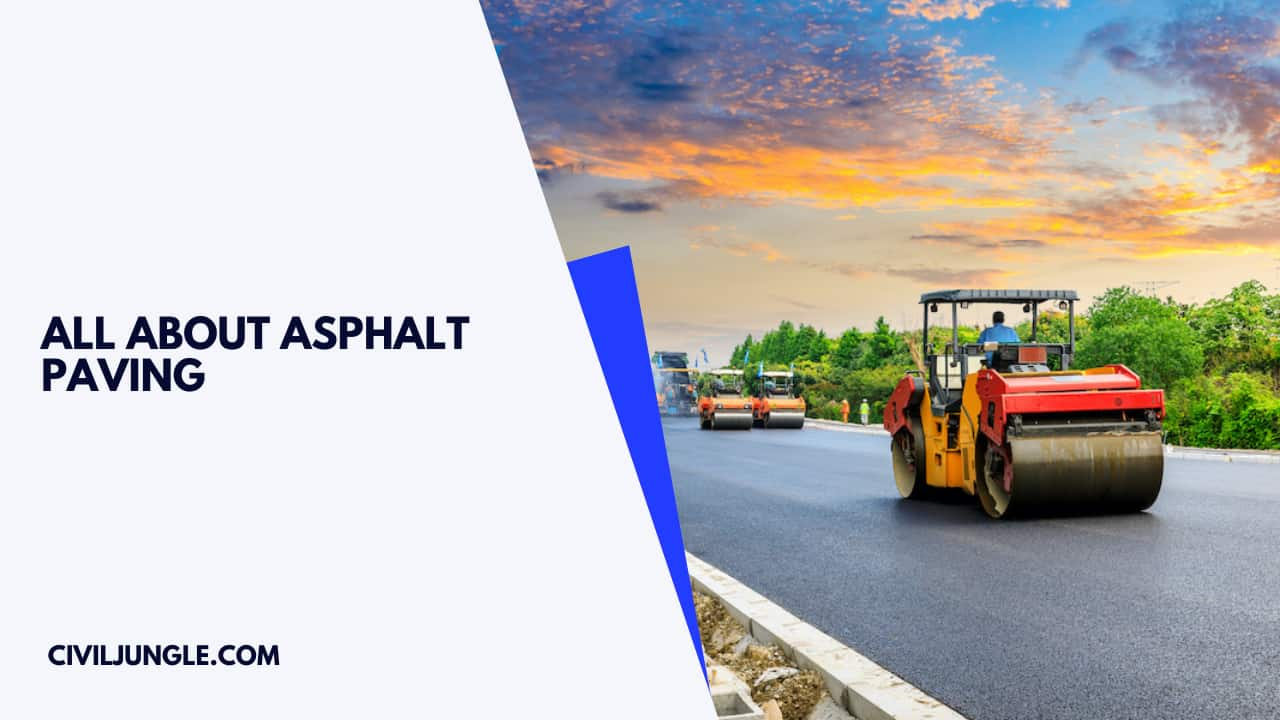
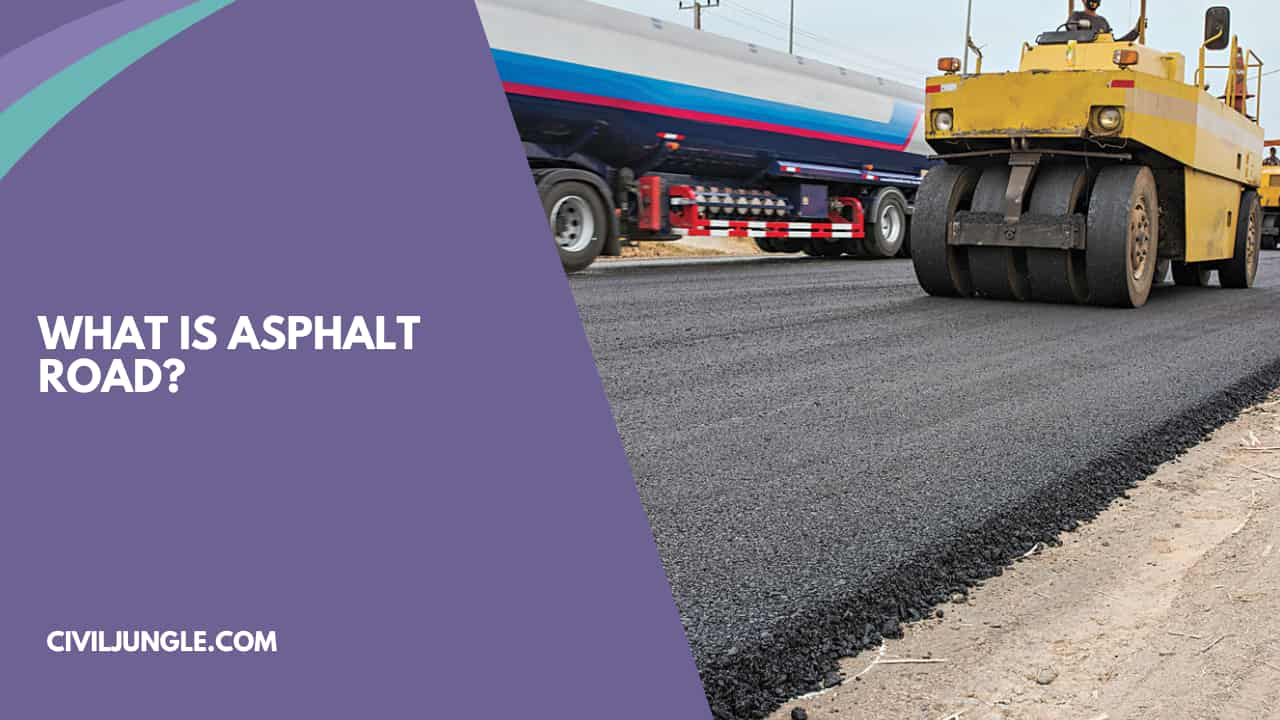
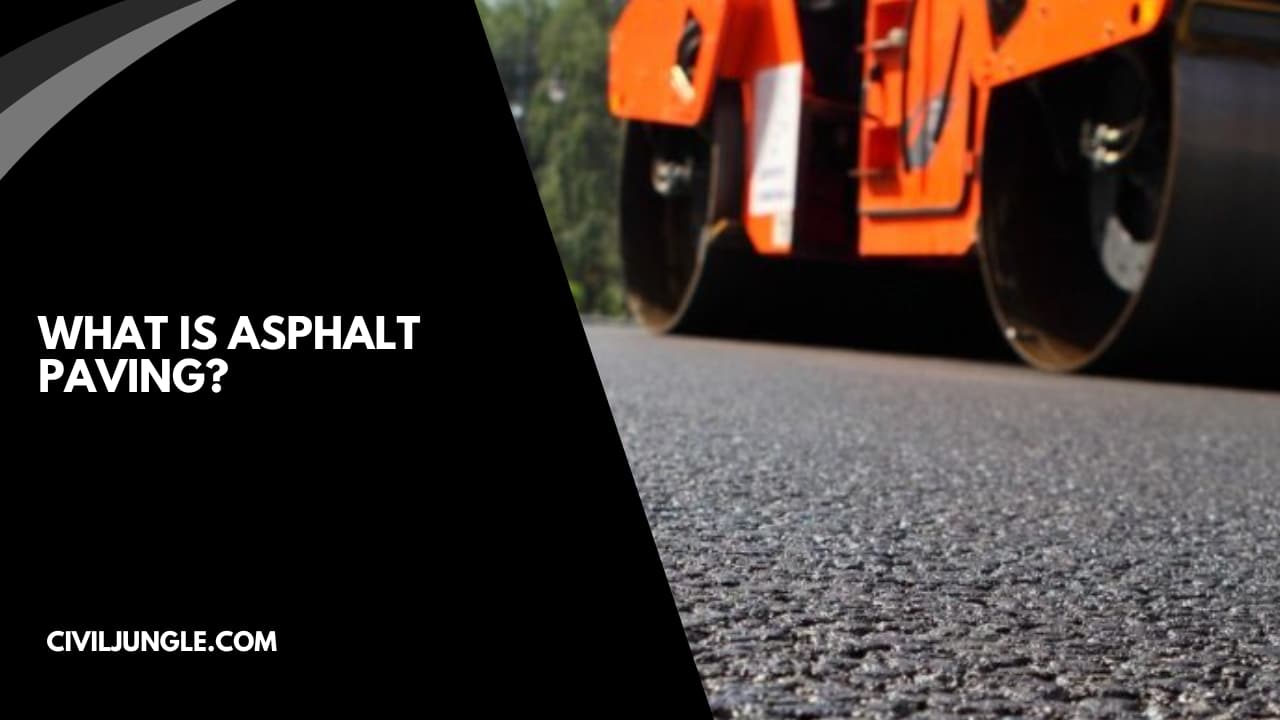
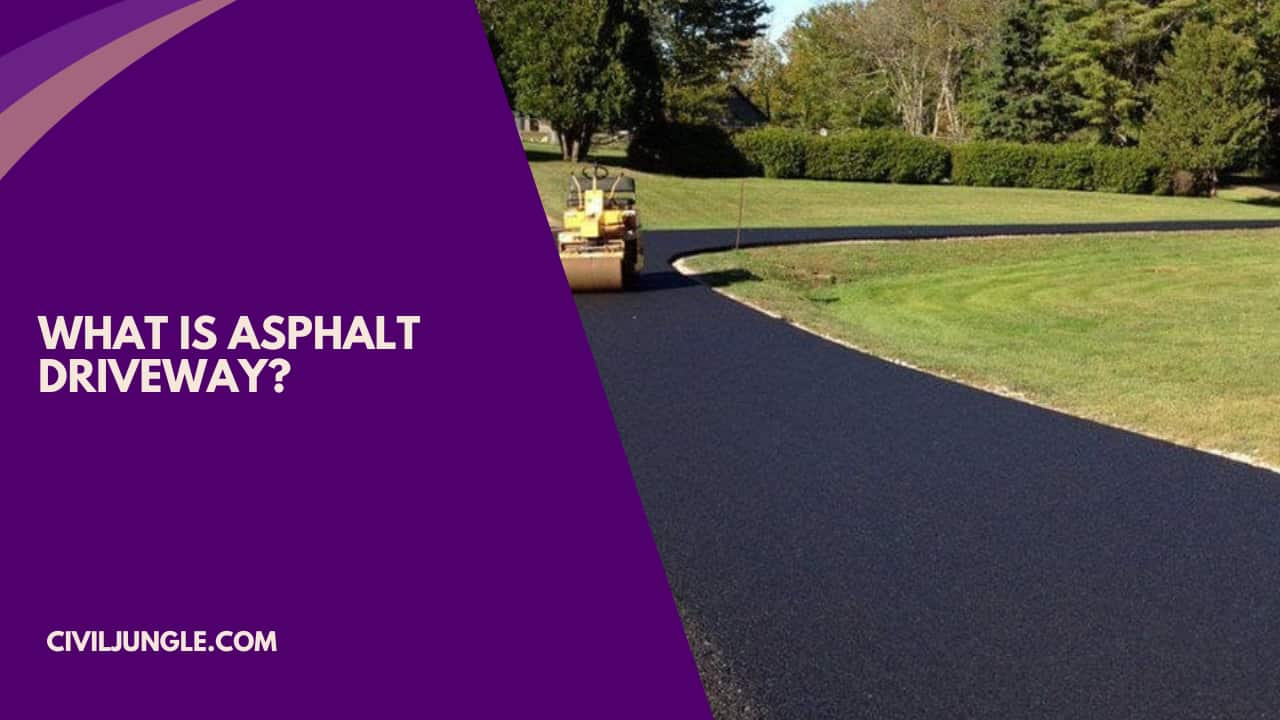
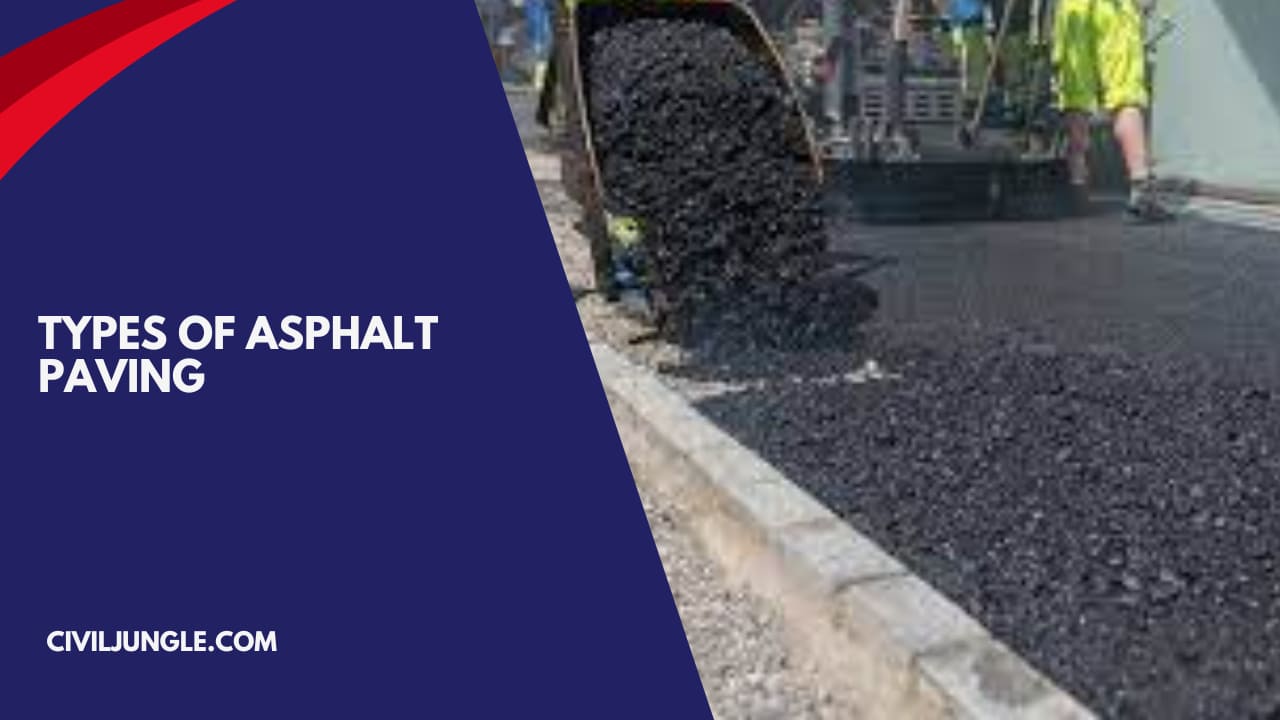
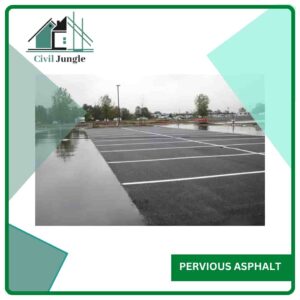

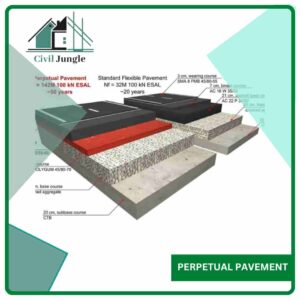
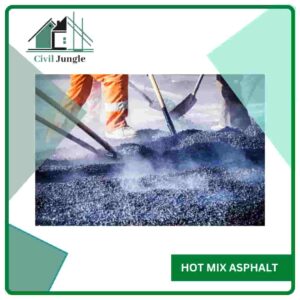
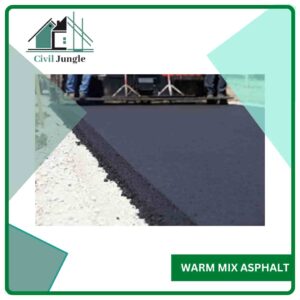
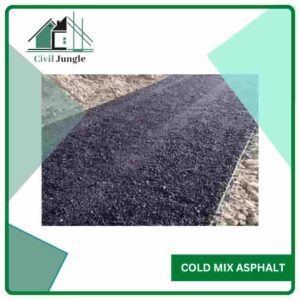
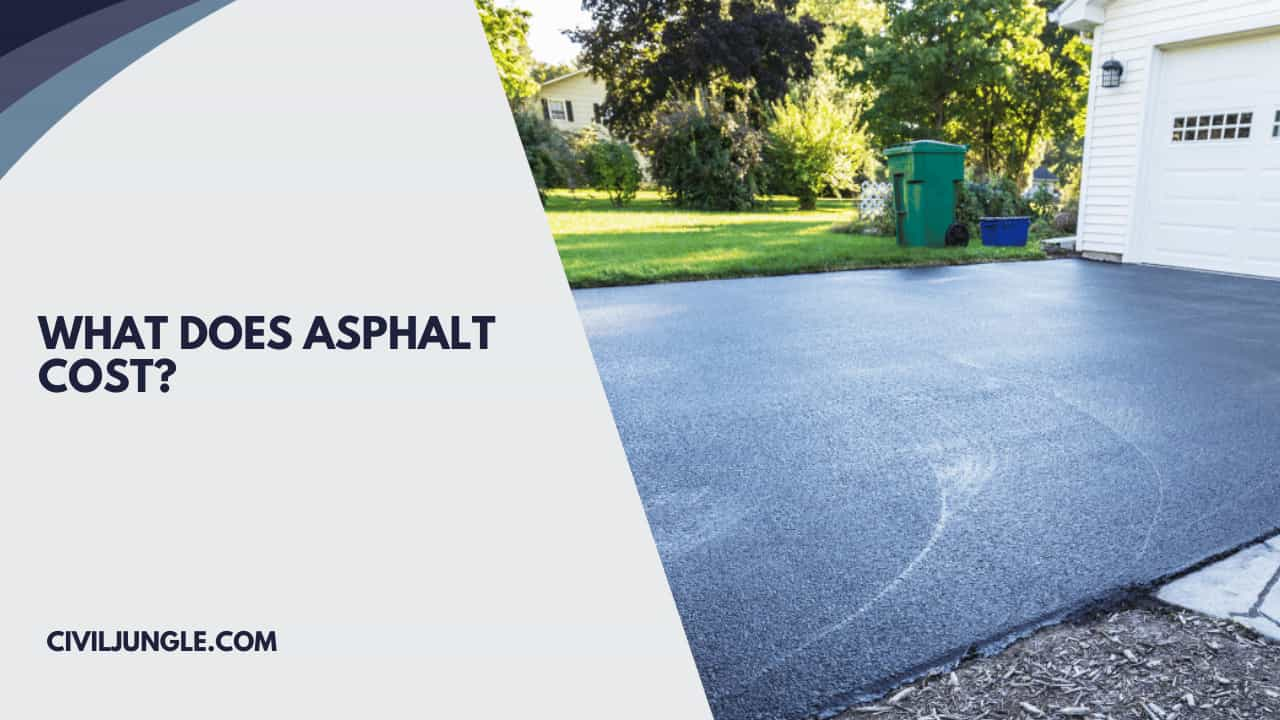
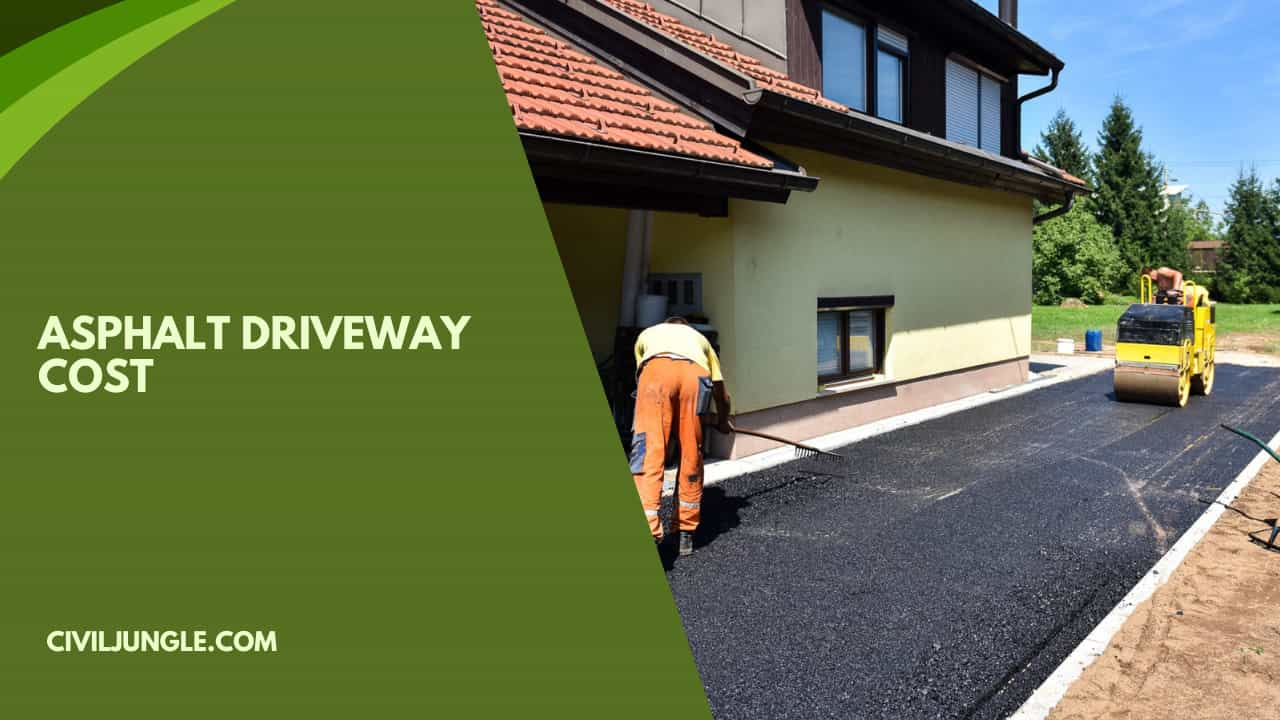

Thank you for providing this information.